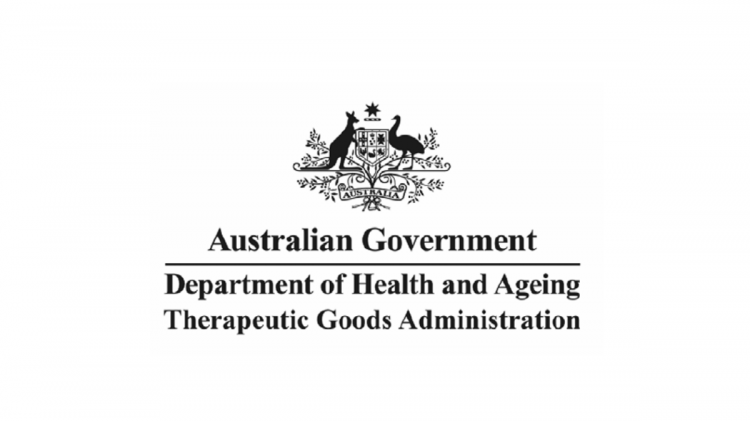New supplement advertising rules in Australia: TGA outlines education and enforcement plans

To support the former, there will be a new advertising hub on the TGA website featuring educational resources, including three interactive e-learning modules currently being developed.
This follows changes in advertising rules under the recently passed Review of Medicines and Medical Devices Regulation.
These include:
- enhanced sanctions and penalties for addressing non-compliant advertising from March 2018
- an amended Therapeutic Goods Advertising Code from 1 July 2018
- a streamlined complaint-handling system from 1 July 2018
- the abolition of the requirement for certain advertisements to be pre-approved from 1 July 2020, allowing for a transition period
During a recent webinar, Leanne McCauley, a representative from the TGA's advertising compliance unit, said, "We will support advertisers by ensuring they have access to the required information and educational materials to be able to generate and issue compliant advertising."
She added that there had been two recent consultations (the latest closed on 27 April), for which the TGA received a generous number of submissions.
"The next step will be to brief the Therapeutic Goods Advertising Code Council, and finalise arrangements relating to transition, which includes which code we'll apply and when. One of the common themes from the submissions was the need for a formal transition arrangement.
"We're currently working through the best way to do that — we hope to be able to update you in the near future on the transition arrangements that we'll put in place."
Consumer consideration
The Australian government has agreed to the pre-approval requirement for certain products being scrapped in 2020 to make way for a complaints-based model, whereby consumers will be better equipped to provide feedback on advertising in the supplement industry.
To this end, the TGA will include consumer-specific materials on its website, such as fact sheets on identifying non-compliant adverts and lodging complaints, as well as inquiry forms and complaint forms.
McCauley said: "As recently as last week, we did some user testing with consumers on our hub and complaint form, and we received some really positive and constructive feedback. We're trying to address that because we want this hub to be the best that it can be for our stakeholders."
Penalty primer
In addition to educating advertisers and empowering consumers, the TGA has also proposed detailed penalties for offenders, to varying degrees.
McCauley said, "We're working to implement a range of reforms — this includes a new advertising code, a single complaints body with a new framework for complaint management, the development and roll-out of formal education materials and programmes, and new and enhanced sanctions and penalties."
She added that an expert review had acknowledged the need to update the current code to improve clarity for stakeholders and provide objective tests to support stronger sanctions and penalties.
One of the areas of focus is improving the clarity and reducing the complexity of mandatory warning statements for advertisements, on which McCauley said she hoped to provide updates soon.
Eric McIntosh, also from the advertising compliance unit, said the regulatory action taken against offenders would depend on the nature of the advertising breach, with breaches classified as 'low', 'medium', 'high' or 'critical'.
For example, an isolated or unintentional breach that does not result in consumers being misled as to the contents, usage or identification of the goods involved is considered a 'low' level offence.
The advertiser will be issued a compliance notice that outlines the available regulatory tools to address other possible instances of non-compliance, as well as guidance tools and education training.
On the other hand, extensive or targeted advertising directed at vulnerable groups, or advertising likely to result in harm if consumers rely on the claims therein is considered a 'critical' offence.
The advertiser will be contacted and instructed to address the issue immediately, and be subject to a court injunction, public warning notice, civil or criminal investigation, and cancellation or suspension of the advertised goods.
Depending on the severity of the breach, offenders may even be imprisoned for a minimum of one year to a maximum of five years.
Complaint control
Under the new code, the TGA's complaints resolution panel will also be abolished, with a new process tentatively scheduled for 1 July.
McIntosh said: "There's a current consultation open for the proposed complaint-handling model. It closes on 4 June, and we've had some submissions.
"The proposed model we’re looking at is based on prioritisation of the nature of the alleged breach of advertising, and any likely public health impact that could result from the advertising, or reliance on the information supplied in the advertisement."
He added that 'an educated approach' would be used for first-time offenders, and that the possible consequences of advertising non-compliance would be based on that priority, with the inclusion of sanctions or penalties.
Regarding ongoing cases, he said: "We're working to close most complaints before the new complaint-handling model starts. There may be more serious matters that will remain unresolved, and those will be subject to the new model.
"Under the new model, education or consultation will often be the first step when a complaint is received, to assist advertisers to meet their regulatory obligations."
The government has also approved the establishment of an advertising committee, which will consist of the TGA's external stakeholder representatives to provide an oversight of the regulatory body's performance in relation to advertising and dealing with compliance matters.












